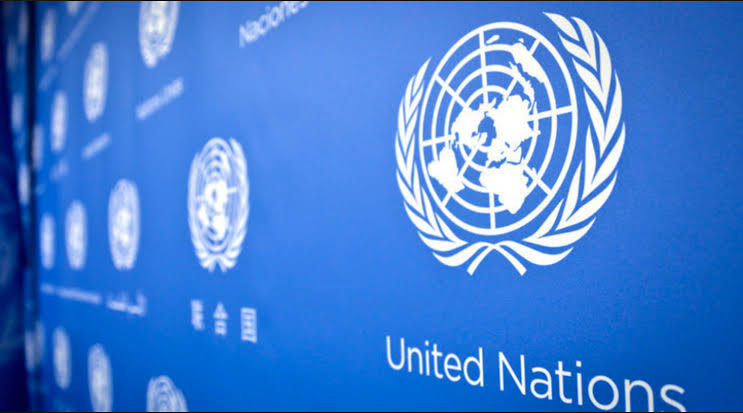Two United Nations agencies have warned that millions of people across the world could be pushed to the brink of famine, as conflict, displacement, and funding shortfalls worsen food insecurity in vulnerable regions.
In a joint report released on Wednesday, the Food and Agriculture Organisation (FAO) and the World Food Programme (WFP) named Nigeria and Mali among 16 countries identified as global hunger hotspots, where conditions are rapidly deteriorating.
The agencies listed Haiti, Mali, Palestine, South Sudan, Sudan, and Yemen as the most critical cases, where populations face an “imminent risk of catastrophic hunger.”
Nigeria, along with Afghanistan, the Democratic Republic of the Congo, Myanmar, Somalia, and Syria, was classified as a “very high concern,” while Burkina Faso, Chad, Kenya, and the Rohingya refugee situation in Bangladesh also featured on the list.
“We are on the brink of a completely preventable hunger catastrophe that threatens widespread starvation in multiple countries,” warned WFP Executive Director Cindy McCain, urging immediate global action.
She cautioned that failure to respond decisively “will only drive further instability, migration, and conflict.”
Advertisement
The report revealed that humanitarian funding has fallen drastically short, with only $10.5bn received out of the $29bn required to meet urgent food needs this year.
The agencies said this funding gap had already forced the WFP to scale back food assistance to refugees and displaced persons, and to suspend school feeding programmes in several countries.
The FAO also expressed concern that limited resources were undermining efforts to safeguard agricultural livelihoods, warning that without timely investment in seeds, fertilizers, and livestock health services, “food production systems could collapse, deepening the crisis.”
Both agencies called for swift, coordinated international support to avert famine in the identified hotspots, stressing that the window for preventive action was rapidly closing as new planting seasons approached and global conflicts continued to disrupt food supplies.

